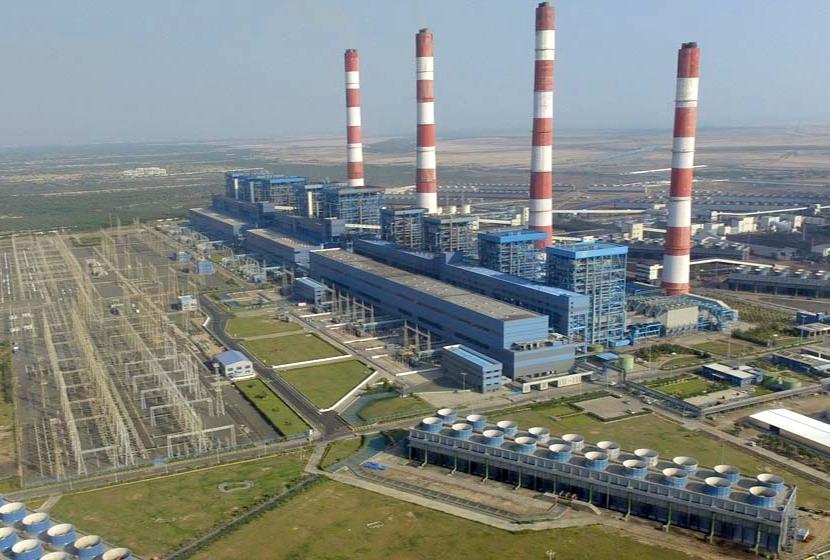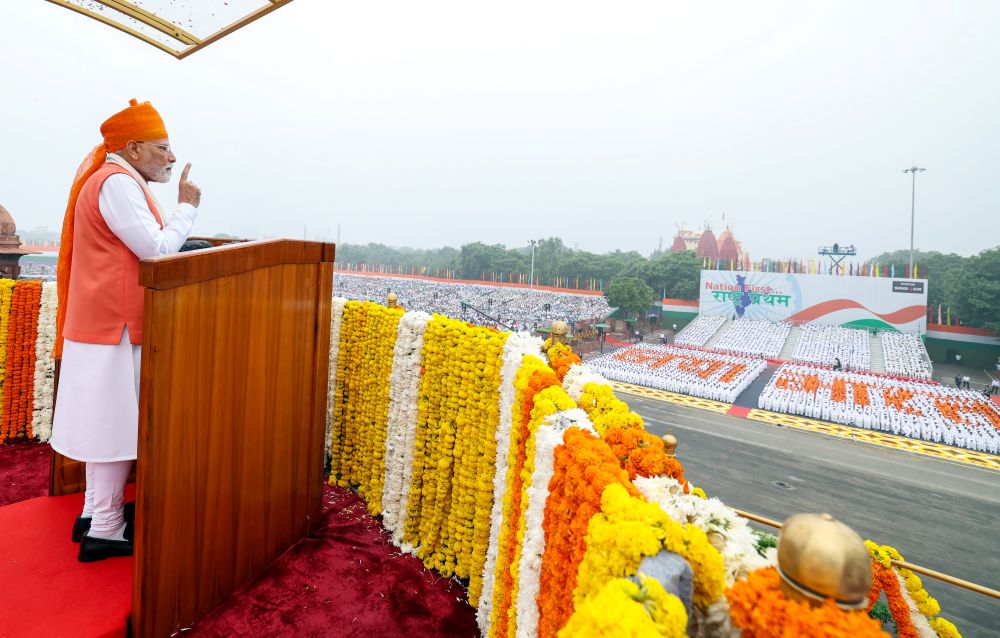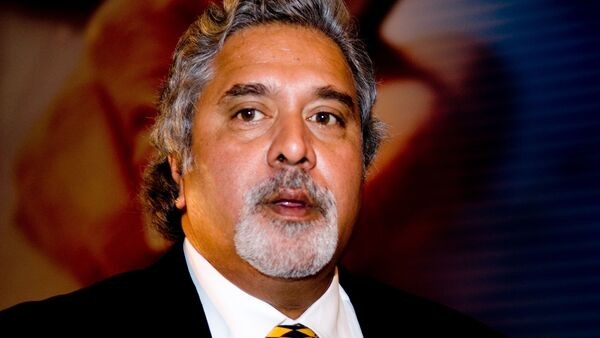Kerala government extends its agreement with Adani Vizhinjam Port for an additional five years
Our Bureau
Ahmedabad
Adani Power Ltd., a part of Adani portfolio companies, said on Thursday that it has achieved an exceptional score of 67 (out of 100) in the Corporate Sustainability Assessment (CSA) by global rating agency S&P Global for FY 2023-24.
This compares to the sectoral average of 42 and APL’s own FY23 score of 48, the conglomerate said in a release.
Adani Power Ltd (APL) is in the top 80 per cent of all power utilities worldwide with this score. It is in the top 100 percentile for several elements of CSA score such as human rights, water, waste and pollution and transparency and reporting, as per the release.
It falls within the 90 percentile or higher level in three other categories: energy, community relationship, occupational health and safety, the release added.
The S&P Global CSA Score is the S&P Global ESG Score – a measure of a company’s performance and management of material ESG risks, opportunities, and impacts informed by a combination of its disclosures, media and stakeholder analysis – without any modelling approaches. Adani Power Ltd’s S&P Global ESG Score is also 67.
The company said that the remarkable achievement underscores APL’s “steadfast commitment to sustainable practices and dedication to embedding Environmental, Social, and Governance (ESG) principles into its operations”.
APL is the largest private thermal power producer in India. The company has an installed thermal power capacity of 17,510 MW spread across eleven power plants in Gujarat, Maharashtra, Karnataka, Rajasthan, Chhattisgarh, Madhya Pradesh, Jharkhand, and Tamil Nadu, apart from a 40 MW solar power plant in Gujarat.
With the help of a world-class team of experts in every field of power, Adani Power is on course to achieve its growth potential, the release said. The company is harnessing technology and innovation to transform India into a power-surplus nation and provide quality and affordable electricity for all, it added.
Meanwhile, the Kerala government has extended its agreement with Adani Vizhinjam Port for an additional five years, with a revised deadline for the commissioning of the port by December. Chief Minister Pinarayi Vijayan announced this development on social media, stating that a supplementary concession agreement has been signed with Adani Vizhinjam Port Pvt Ltd to extend the project period.
He said “We have entered a supplementary concession agreement with Adani Vizhinjam Port PVT LTD on @PortOfVizhinjamto extend the project period for 5 yrs & commission the port by December”.
The extension comes as the second and third phases of the project are nearing completion and are expected to be fully operational by 2028. As part of the expansion, the port will receive an investment of Rs 10,000 crore, significantly boosting its capacity.
Vijayan added “As the 2nd & 3rd phases near completion by 2028, an investment of Rs 10,000 crore will be made, expanding the port’s capacity to 30 lakh TEU. This milestone underlines our commitment to comprehensive Kerala govt. extends Vizhinjam Port agreement with Adani for 5 years & global connectivity”.
Air India’s merger within two years a success
Air India’s successful merger of four airlines within two years, along with its ongoing transformation, demonstrates its ability to manage significant changes, said Campbell Wilson, CEO of Air India, on Thursday.
During a media briefing, Wilson explained that the merger process had been two years in the making. A critical aspect of this process was aligning the operating procedures and manuals across all four airlines. In other countries, this could have taken approximately five to eight years, he noted.
Recently, Air India completed its merger with Vistara, while Air India Express Ltd and AIX Connect Pvt Ltd (formerly AirAsia India) also merged under the group’s banner.
“We had to harmonize the operating procedures across the four airlines. Once we had achieved that, we needed to train all staff on the new procedures so that, when the Air Operator Certificates (AOCs) were integrated, employees could collaborate seamlessly, regardless of the airline they came from. This ensured the entire operation could run smoothly,” Wilson said.
He also highlighted the addition of around 9,000 new employees during this period, which significantly reduced the average age of staff from 54 to 35. The average age of cabin crew is now 28.
Wilson further shared that the group currently operates 300 aircraft, employs 30,000 staff, and conducts 1,200 daily flights. These figures underscore the scale of the new Air India group.
Air India now commands a 29% share of India’s domestic market, up from single digits at the time of privatization. It holds a 55% market share on metro routes and a 40% share on the top 120 routes, which together account for 60% of domestic traffic, he added.


























